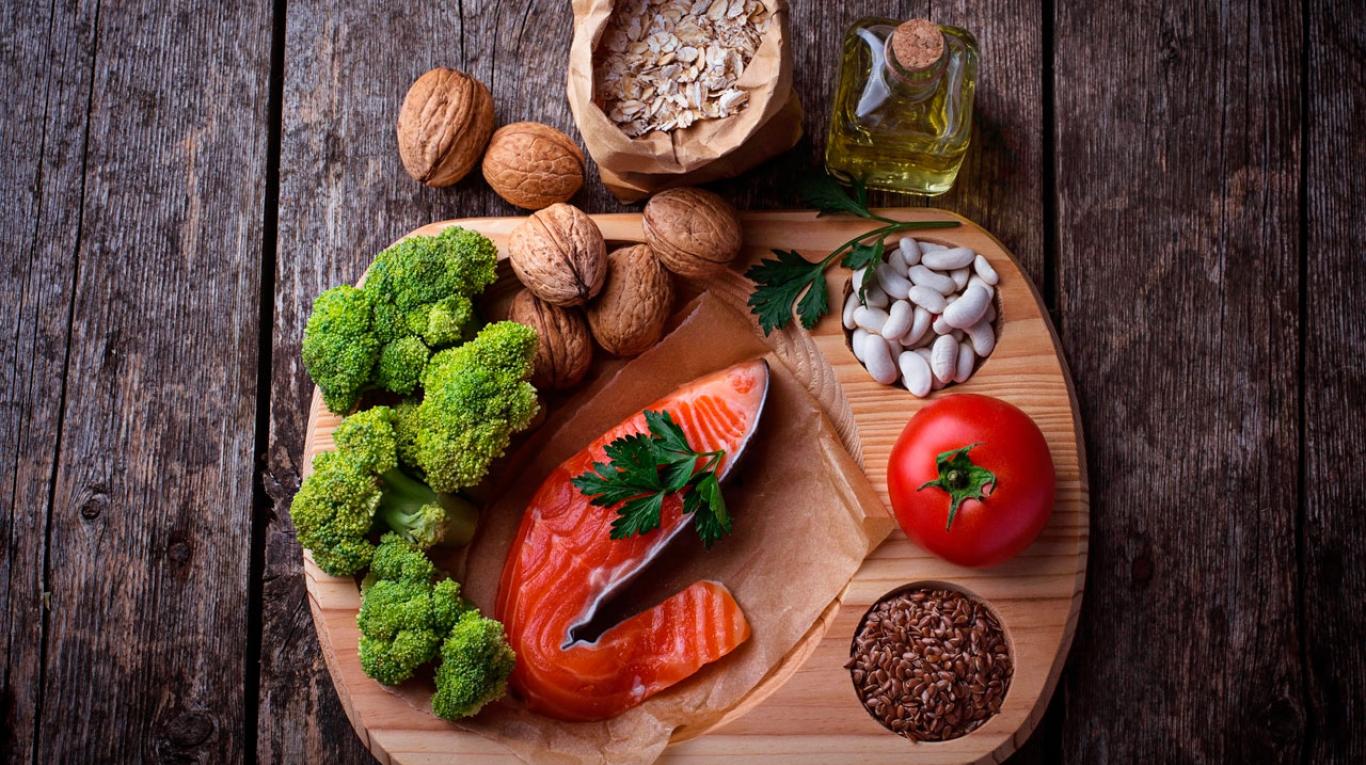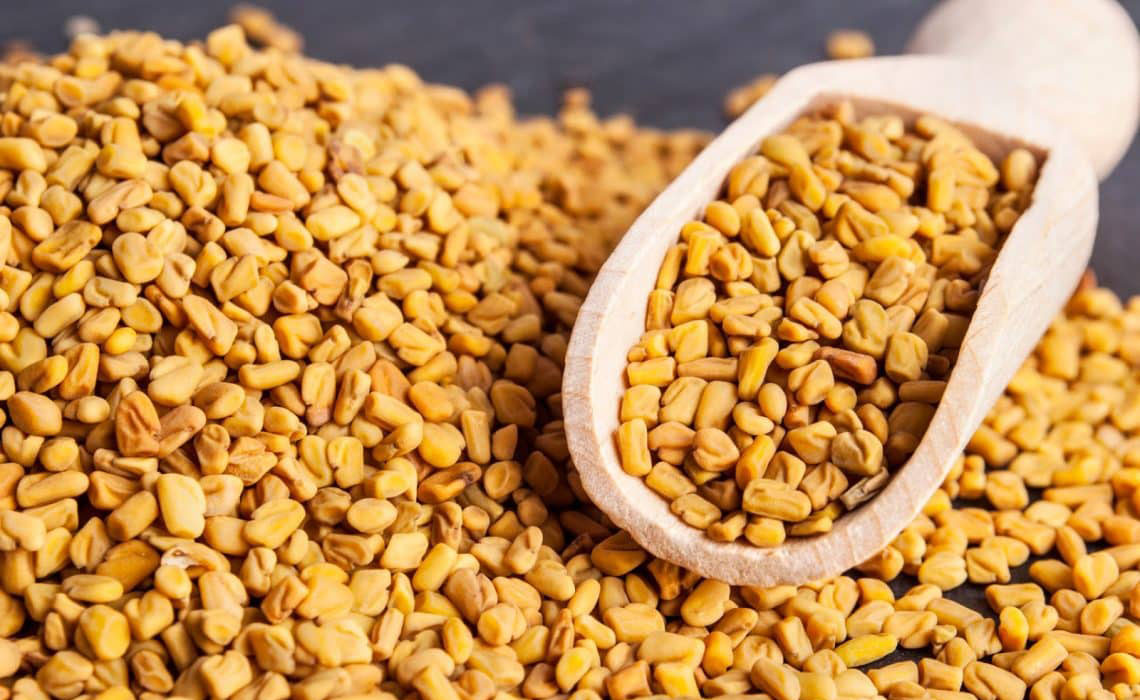A healthy or balanced diet is one that contains the proportion of food necessary for the proper obtaining of nutrients.
The caloric intake from these foods must be 50-55% for carbohydrates, 30-35% for fats and 10-15% for proteins. Vitamins and minerals must be adjusted to the characteristics of each person, depending, among other things, on their sex and age. It is advisable to eat 25% of the daily calories at breakfast, 30-40% at lunch, 10-15% at lunch and 20-30% at dinner, it is always best to go to a specialist that evaluates how much weight we have to lose and elaborates a balanced diet adapted to our needs. You have to have the maximum prevention with the so-called miracle diets.
Losing weight should never mean going hungry. Normally, exercising and controlling the calories that are ingested usually suffice. Here are some tips that will help you if you want to reach your ideal weight:
- Be consistent and do not get carried away by whims, like sweets, high-fat foods and alcoholic beverages.
- There are no miracles, you should simply follow a diet rich in fruits and vegetables, and avoid excess fats and sugars.
- Exercise at least two hours a week. There is no better way to eliminate calories than to burn them.
- Remember to find your ideal weight, never lower it and reach extreme thinness.
- Before starting a diet on your own, consult with the specialist.
A diet to lose weight should always be prescribed and supervised by a doctor, preferably an endocrinologist.
Atkins diet
The diet consists of eating essentially proteins and fats avoiding carbohydrates. In this diet you must eat 90% protein, meats of all kinds (white or red), fish, seafood, eggs, cheese, oil, cream, butter, butters. You can only eat 10% of hydrates in the form of vegetables. Avoid pasta, cereals, bread, rice, potatoes, fruits, legumes, flours, sugar, honey and alcoholic beverages. They can be taken, although in small amounts milk (milk and yogurt), farinaceous vegetables (zucchini, carrot, eggplant …). It is important to keep in mind that vitamin deficiencies can occur with this diet (since no fruit is taken), and the degradation of proteins produces toxic substances that can damage liver and kidney functions.
Artichoke diet
It is considered a slimming and depurative diet, since it combines the diuretic effect, the satiating effect and the elimination of toxins and fat. Although you want to lose weight quickly, it is not advisable to do it for more than four weeks in a row. It is based on a hypocaloric menu and artichoke juice, which helps to degrade and burn fats by accelerating the metabolism of lipids. Eliminates liquid, helps reduce the feeling of hunger and provides very few calories. Allows you to lose 3-4 kg in a week.
Vegetarians
Vegetarian diets are popular because they help eliminate toxins and lose weight, in addition to providing the vitamins, minerals and fiber necessary for our health. Both fruits and vegetables are low calorie foods, so in this type of diet you can consume all kinds of fresh or frozen vegetables, cooked to taste (boiled, raw, roasted or steamed), but fleeing the fried . The deficiency of proteins is usually replaced in vegetarian diets with supplements or with foods such as cheese and eggs (in this case, it would be an ovolactovegetarian diet).
Hygienists
The hygienism, as a naturopath current, is based on the fact that the food must be grown in a healthy way for us and for the environment, dispensing with chemical products, additives, etc. In hygienist diets, in general, food must be eaten raw in order to maintain all its properties. In addition, in this type of diets the combination of foods or dissociated diet is established and therefore no proteins (meat, fish, legumes, dairy, etc.) are mixed with carbohydrates (oats, rice, wheat, rye, barley, corn, pasta, bread, potato, etc.). This theory is based on the ability of the digestive system to absorb certain substances according to the type of combination. He argues that if protein foods are mixed with carbohydrates in the same food, they are not digested or assimilated because proteins need an acidic medium for their digestion whereas carbohydrates need an alkaline medium.
Learn more about your health and well-being at Pharmamedic.







